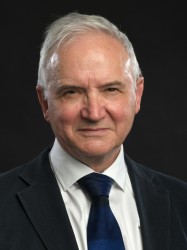BibTex format
@inbook{Dayananda:2022:10.1007/82_2022_257,
author = {Dayananda, P and Chiu, C and Openshaw, P},
booktitle = {Current Topics in Microbiology and Immunology},
doi = {10.1007/82_2022_257},
editor = {Ahmed and Akira and Casadevall and Galan and Garcia-Sastre and Malissen and Rappuoli},
pages = {1--28},
title = {Controlled human infection challenge studies with RSV.},
url = {http://dx.doi.org/10.1007/82_2022_257},
year = {2022}
}

